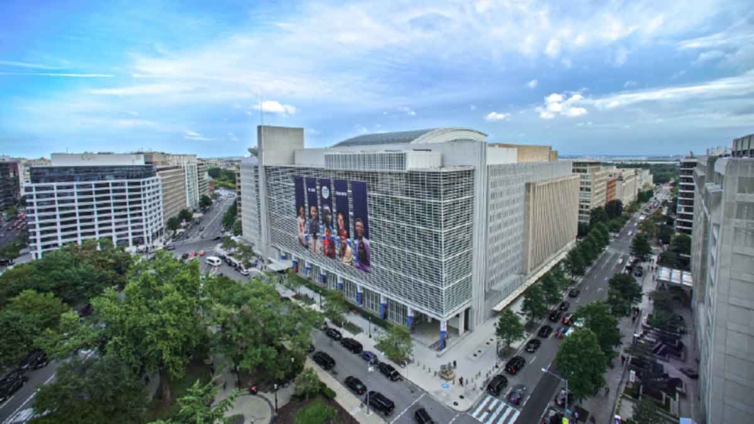The World Bank is expressing worry that Ghana’s economy has begun to deindustrialize prematurely, according to its latest Ghana Economic Outlook Report.
Traditionally, manufacturing is a marker of industrialization, but economic indicators show that the country’s economy may have begun to de-industrialize prematurely.
“There are indications that Ghana has begun to deindustrialize prematurely. Traditionally, manufacturing is a marker of industrialization. But economic indicators show that Ghana’s economy may have begun to deindustrialize prematurely, with the manufacturing sector’s share of employment peaking at a time when the national income in Ghana is lower than it was in other countries, such as the Republic of Korea, Malaysia, and Brazil, when they began transitioning to a services economy.”
The World Bank also pointed out that the economy lacks diversification, as indicated by its exports, which are dominated by primary products, such as oil, cocoa, and gold.
According to the Ghana Statistical Service, the manufacturing sector recorded a growth rate of 4.0% in the third quarter of last year, despite covid-19 pandemic.
Nevertheless, the country’s manufacturing sector is still small, compared with its middle income peers in Sub-Saharan Africa.
Large labour market gains from progress made in increasing educational attainment
An analysis of the contribution of human capital to productivity indicates that Ghanaians born today will as adults only be 45% as productive as they would have been under a benchmark of complete education and full health.
The shortfall appears to be driven by low student academic achievement, which in turn can be linked to a poor environment for child development and learning.
Nevertheless, the World Bank Economic Outlook report said average educational attainment among the working-age population increased from 8.9 years of education in 2005/06 to 9.4 years of education in 2016/17.
Earnings returns to education for wage-employed workers also indicate markedly higher payoffs for completing secondary education (12 years of education) and participating in tertiary education than completing lower levels of education.
However, only 26% of the working-age population had completed secondary education in 2016/17.
Latest Stories
-
Ken Ashigbey, Joyce Aryee and others grace MTN’s Festival of 9 Lessons and Carols
4 hours -
Obuasi Cricket Academy celebrates excellence at end-of-year awards night
5 hours -
WASSCE: Scanning of objective answer sheets to start tonight – WAEC
5 hours -
Education Minister hasn’t prioritised WAEC – Nortsu-Kotoe
5 hours -
Bawumia meets Manifesto Committee members to express appreciation
5 hours -
To chocolate, Ghana’s pride by Bioko
6 hours -
Chartered Institute of Bankers, Ghana, confers Honorary Fellow status on Victor Yaw Asante
7 hours -
BoG marks end of year with Thanksgiving Service
7 hours -
Ghana’s Next Sports Minister: The Debate Begins
7 hours -
Election 2024: NPP advised to be mindful of the reasons being ascribed to their election lost
7 hours -
GNFS urges Ghanaians to prevent fires during yuletide
7 hours -
Report tobacco users who smoke publicly – FDA advises
8 hours -
Abdallah Ali-Nakyea elevated to Associate Professor at UG School of Law
8 hours -
Kick2build commissions 5 libraries in Klo Agogo, donates school supplies
8 hours -
Slim and Fit Ghana donates to kids at Motherly Love Orphanage in Kwabenya
8 hours

